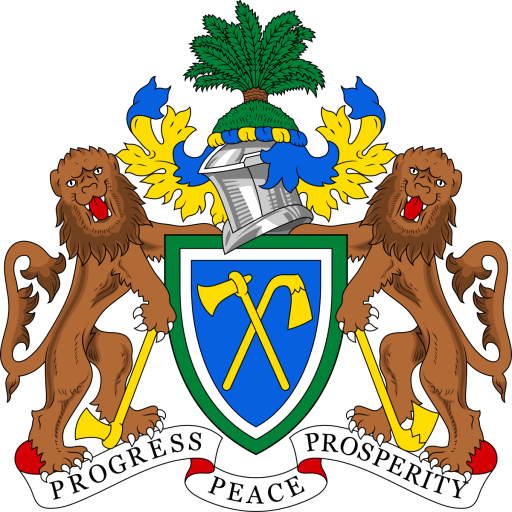The Government of The Gambia
Government Entities
Ministries
Departments and Agencies
Local Government Areas

H.E. Adama Barrow
President of The Republic of The Gambia and Commander-in-Chief of The Gambia Armed Forces
The Office of The President’s primary responsibility is to champion and coordinate the implementation of government programmes. Given its leadership and mandate in policy development, evaluation, and decision-making, the effectiveness of the Office of the President has a significant impact on the performance of all other government Ministries, Departments and Agencies.
The Cabinet
The Cabinet of the Gambia is the chief executive body of the Republic of the Gambia. The Cabinet is made up of the President, the Vice President, and the Cabinet Ministers.
Discover More: The Cabinet Members
Legislature
A legislature is a state’s internal decision-making organization, usually associated with national government that has the power to enact, amend, and repeal public policy. In the Gambia, the National assembly is the legislative branch of the Government. The National Assembly is headed by the Speaker. The Speaker and Deputy Speaker may only be chosen from among the presidential appointees to the National Assembly, not the elected members.
Parliament
The National Assembly is the Gambia’s national parliament. It is a unicameral parliament. Consisting of 53 members, 48 of which are directly elected for a term of 5 years, while the remaining 5 are appointed by the President. Members are often given the abbreviated title of NAM’s (National Assembly Members).
Discover More: The National Assembly
The Judiciary
Judiciary is the organ of a government that is responsible for implementing the laws and decisions made by the legislature. It is the system of courts of justice in a country. The Constitution places the Chief justice as the head of the judiciary and the Supreme Court as the highest and final court of appeal.
Visit: The Judiciary


